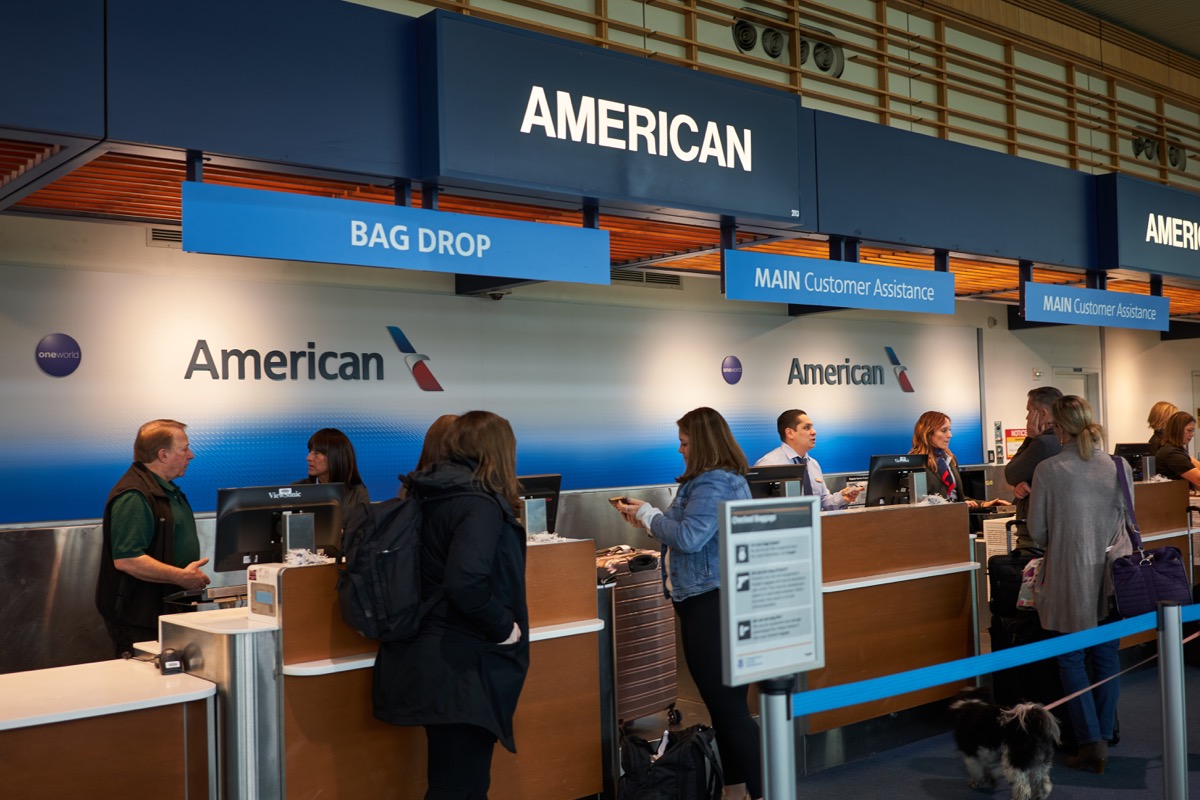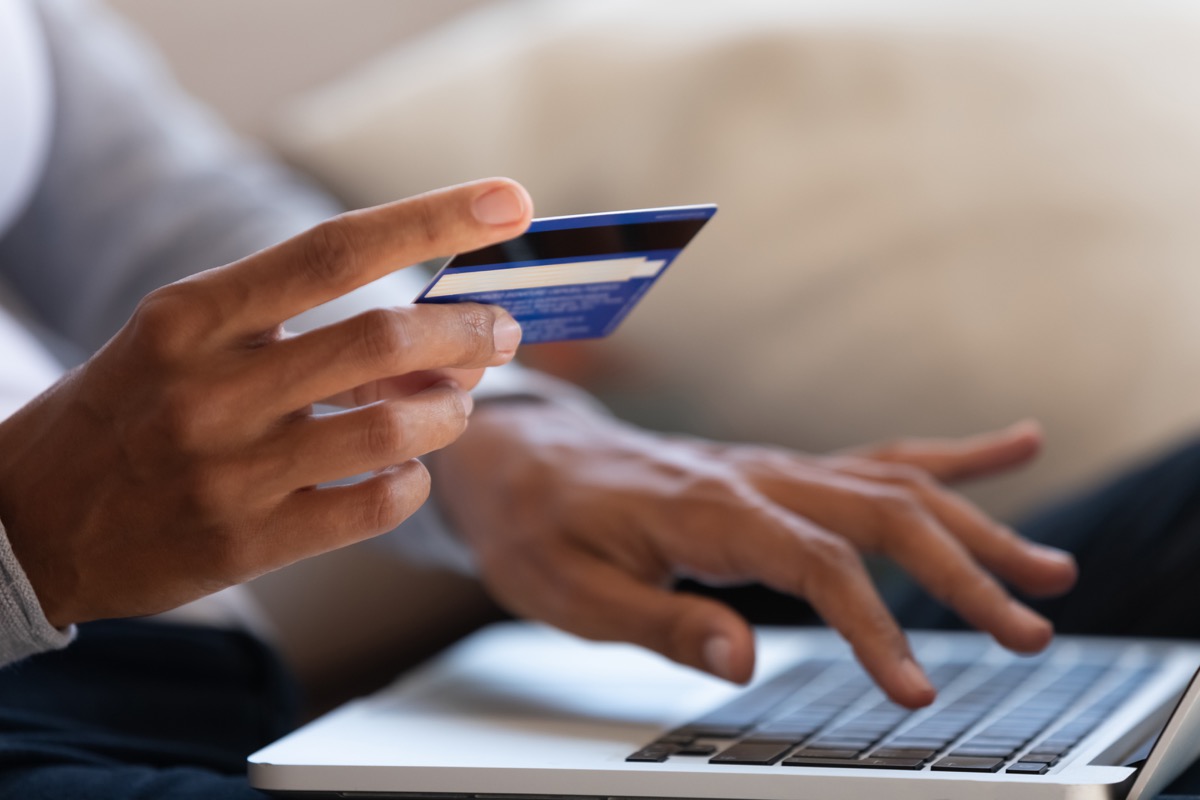Never Pay for This When You Book Your Summer Vacation, Experts Warn

The COVID pandemic put travel on an immediate halt: Flights were canceled, borders were closed, and people were stuck inside. A year later, COVID case numbers are plummeting thanks to vaccinations, and people are eager to spread their wings again. But while you’re looking online for the best travel deals, scammers are lying in wait, waiting to take advantage of your wanderlust. Experts are warning that one charge you might come across while booking a trip this year means you’re being conned. Read on to find out which summer vacation scam you need to watch out for.
RELATED: Never Go in a Lake If You See This One Thing, Local Officials Warn.
If a booking company asks you to pay extra money after booking, it’s likely a scam.

There’s nothing quite like scoring a great deal for the trip you’re planning. Unfortunately, when things seem too good to be true, they often are. The Better Business Bureau (BBB) released a warning on April 23, explaining that the agency’s scam tracker is “receiving reports of con artists creating fake airline ticket booking sites or customer service numbers.”
According to the BBB, if you pay for a deal on airfare and then receive follow-up notice from the booking company that says you need to pay more money, you’ve most likely been scammed. “Shortly after making the payment, you receive a call from the company saying that there’s been a sudden price increase or an extra charge to finalize your booking,” the BBB says. “This is something a legitimate company would never do.”
RELATED: If You Get This Message From Amazon, Don’t Open It, Experts Warn.
If you haven’t received an actual ticket, call the airline to check.

Some scammers do all they can to make your booking look real. According to the BBB, you may receive a confirmation email from the scammer. However, if you look closely at the email and realize you never actually received a ticket, you should call the airline to check. The BBB says that the airline will have no record of your booking if you purchased tickets through a scam website or a phony customer service number.
You should do your research before paying for vacation or travel deals.

There are plenty of legitimate travel deals out there from sites that may not be familiar to you. However, if you do come across a company you haven’t used before, the BBB says you should “research it before making any purchases.” You can do this by looking at the BBB’s website for reviews and feedback from previous customers.
“Be wary of third-party websites. Some websites appear to offer a legitimate service but are only fronts for a scam,” the BBB warns. “Be suspicious of websites with no working customer service number and no physical address. Typos and grammatical errors can be indications of a scammer’s handiwork, too.”
RELATED: For more up-to-date information, sign up for our daily newsletter.
And you should book with a credit card just in case.

Falling for a travel scam is easier than many of us realize. Fortunately, there are ways you can protect yourself even if you do. According to the BBB, “fraudulent charges made on a credit card can usually be disputed.” But this is not always the case with other payment methods. “Unfortunately, there is no way to get back the personal information you may have shared,” the BBB adds. So it’s still imperative to try to recognize these scams before you fall prey to them.
RELATED: If You See This at the Beach, Don’t Go in the Water, Experts Warn.